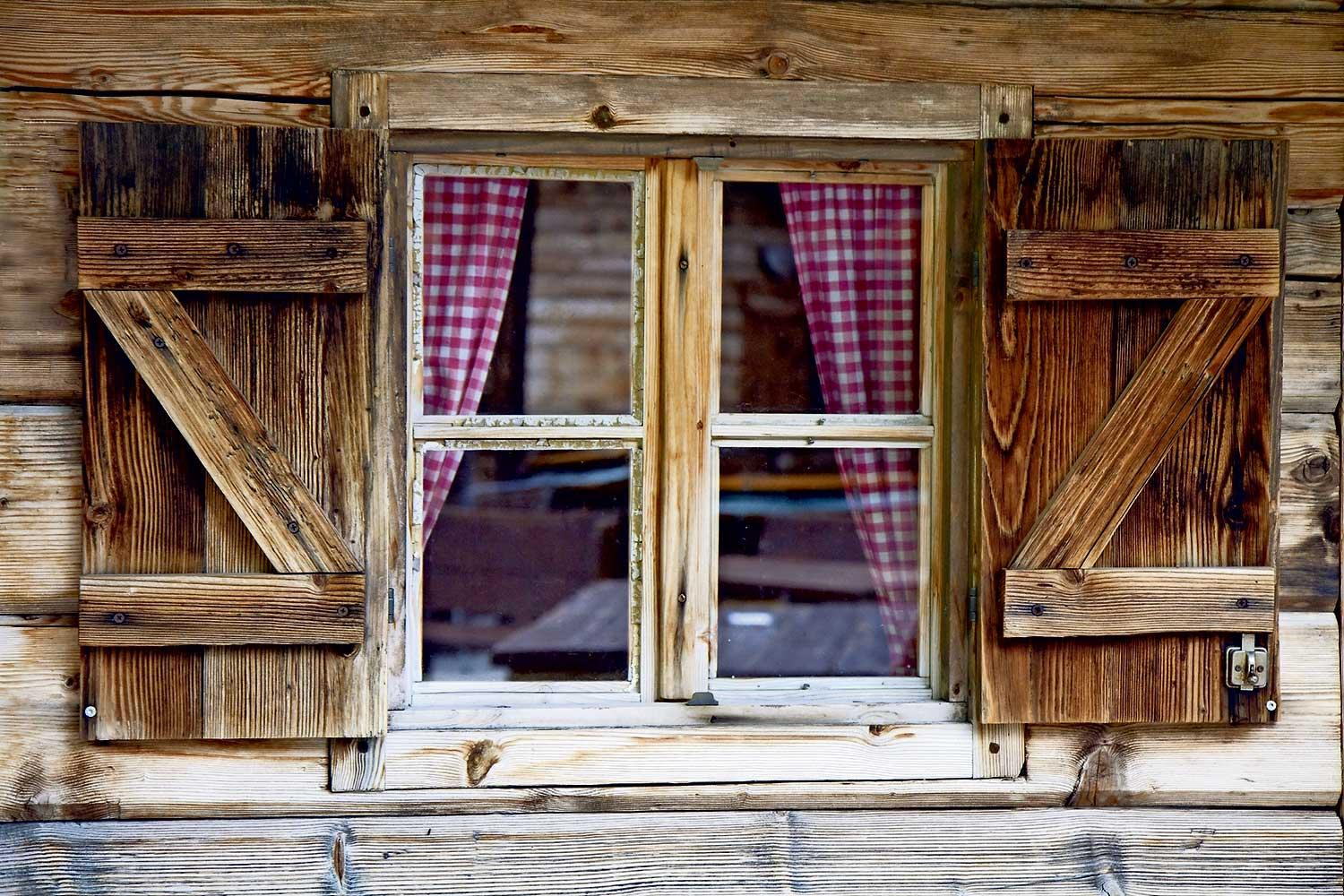Expat Adventures
03.08.2017 MagazineI’m sure local people everywhere have their fill of bureaucracy, but completing forms that make no sense in a language you don’t yet understand is par for the expat course. Happily it turns out that the Swiss do administration rather well, especially when it comes to buying a house.
Green ink
Eleven months after moving to the region we found the chalet that was to become our family home. I approached the house purchase with trepidation. My experience in other countries was an endless stream of bureaucratic demands to sign scores of disclosures, request building surveys or initiate land registry searches. The house-buying process was mired in red tape and focused largely on mitigating future legal challenges.
But if buying a house in the US is like planning a Star Trek-themed wedding on a remote volcanic island for 250 guests complete with one-piece red jumpsuits, doors that go swoosh and goblets of powder-blue Romulan ale, the Swiss equivalent is inviting a few friends over to the local park for a picnic. It was painless and easy and swift.
It took just two signatures in apple- green ink for us to become the proud new owners of our very own Swiss chalet.
Red tape
You don’t need to be resident to buy a property in the region. But to make Gstaad your permanent residence, you must register with the local authorities (Einwohner- und Fremdenkontrolle/ Population étrangère). They’re a patient bunch. They probably have to be.
You’ll be asked to fill out a registration questionnaire (helpfully available in English) and provide a number of documents. The list is long, but it’s all fairly straightforward: employment contract, ID, passport-sized photo, social security details, proof of health insurance, copy of rental contract or proof of house ownership and, if applicable, marriage certificate and birth certificates of any children. If you are financially independent you can skip the bit about the work contract; proving you have oodles of cash to look after yourself will suffice.
B or C?
There are several categories of residence permit available, but for stays of longer than 90 days the main options are:
• B permit: valid for up to five years;
• C permit: awarded after you’ve lived in Switzerland on a B permit for a continuous period of five or ten years (depending on your nationality).
There was a time when gaining a C permit was a grand occasion, a fine excuse to toast your good fortune with copious amounts of Yvorne or Fendant. It’s still a significant milestone for many expats because it offers increased employment flexibility, but beware! Your permit also impacts how you pay tax.
How taxing
If you hold a B permit your employer deducts income tax at source, just like in the UK, the US and many European countries. But with a C you get scooped into the ‘Swiss’ system. This means saving up your tax every month and paying it in one lump sum at the end of the year. I rather liked the idea of staying on a B.
In Gstaad we had no choice but to take C permits when our Bs expired. But it was a different story in Vaud, just seven kilometres up the road. “Could I keep my B permit?” I asked the lady at the Rougemont commune. I didn’t hold out much hope. She seemed confused by the request, as though faced with a qualified driver who wanted their ‘L’ plates back. But she pulled out her scissors and cut through the red tape: the canton of Vaud let me keep my B.
Richard Branson would have approved.




